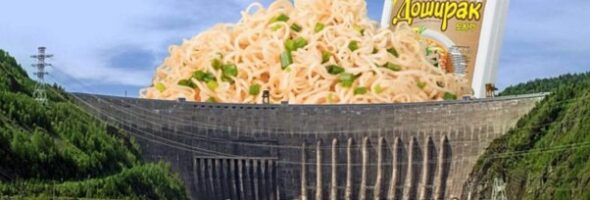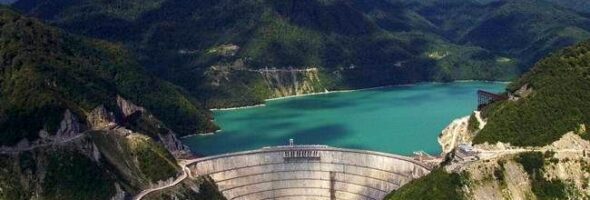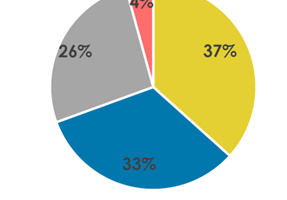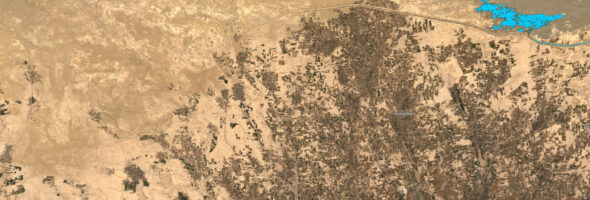Russian-language version of the UNESCO Guidance for Impact Assessments in a World Heritage Context Published in Kazakhstan
On June 11, 2024, Rivers without Boundaries and the UNESCO regional office for Central Asia in Almaty (Kazakhstan) received printed copies of the first edition of the Russian translation of the special Guidance for impact assessments in a World Heritage context. The publication was supported by the Critical Ecosystems Conservation …






